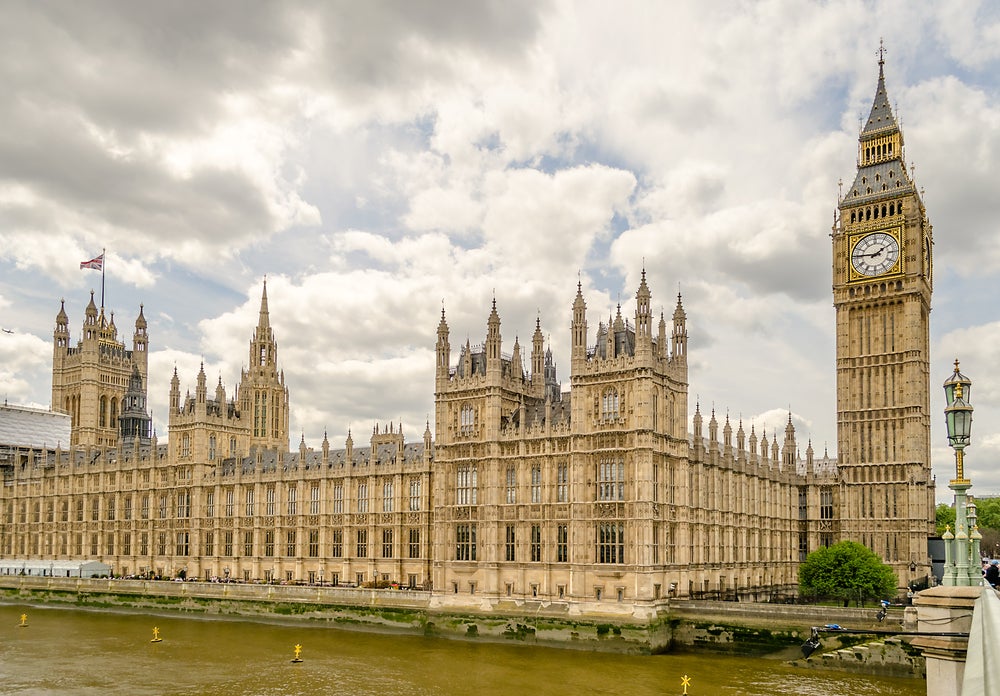
A surveillance bill which has been described as a “death sentence for investigative journalism in the UK” will today receive the royal assent and become law.
The Investigatory Powers Bill was yesterday condemned by Reporters Without Borders as something which is likely to push the UK further down its World Press Freedom Index from number 38 out of 180 countries.
It creates a new legal framework covering law enforcement surveillance tactics.
Powers covered by the new regime include:
- Internet connection records: Communications firms will be required to store data relating to what sites a device connects to – but not a user’s full browsing history or the content of a communication – for up to a year
- Bulk powers: The tactics used by MI5, MI6 and GCHQ to collect vast troves of data
- Equipment Interference: The official phrase used for operations involving hacking into suspects’ smartphones and PCs, which are seen as increasingly important as advanced encryption makes monitoring targets more difficult.
The new law builds on changes to RIPA which were passed by Parliament in March 2015 after the Press Gazette Save Our Sources campaign.
These provided that police requests to view journalists’ call records in order to identify their sources had to be signed off by judges.
After pressure from media organisations, additional protections have been included in the IP Bill to protect journalistic sources.
But the changes do not go as far as groups like the NUJ, Press Gaette and the News Media Association had hoped.
Unlike the Police and Criminal Evidence Act (which covers physical journalistic material), news organisations will not be able to argue the case in court against the release of digital material.
Requests to view their call data will be made in secret to telecoms providers and will need approval from a “judicial commissioner”.
Such approvals will only be made when there is an “overriding public interest”.
More than 130,000 have signed a UK Parliament petition calling for the Investigatory Powers Bill to be repealed (all petitions which gain more than 100,000 signatures must be debated by Parliament).
The Bill includes the introduction of a “double lock” regime for the most intrusive techniques, so that warrants issued by a Secretary of State will require the approval of a senior judge.
A new Investigatory Powers Commissioner will be created and those misusing the powers could face sanctions including criminal charges.
Home Secretary Amber Rudd said: “This Government is clear that, at a time of heightened security threat, it is essential our law enforcement, security and intelligence services have the powers they need to keep people safe.
“The internet presents new opportunities for terrorists and we must ensure we have the capabilities to confront this challenge. But it is also right that these powers are subject to strict safeguards and rigorous oversight.
“The Investigatory Powers Act is world-leading legislation that provides unprecedented transparency and substantial privacy protection.”
Email pged@pressgazette.co.uk to point out mistakes, provide story tips or send in a letter for publication on our "Letters Page" blog






